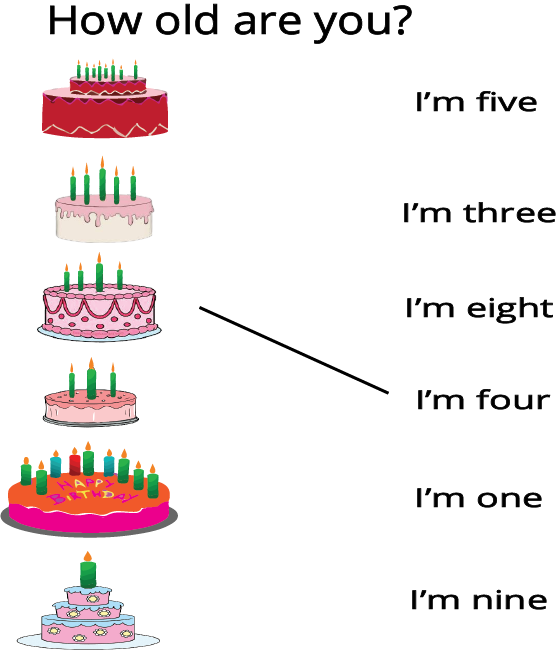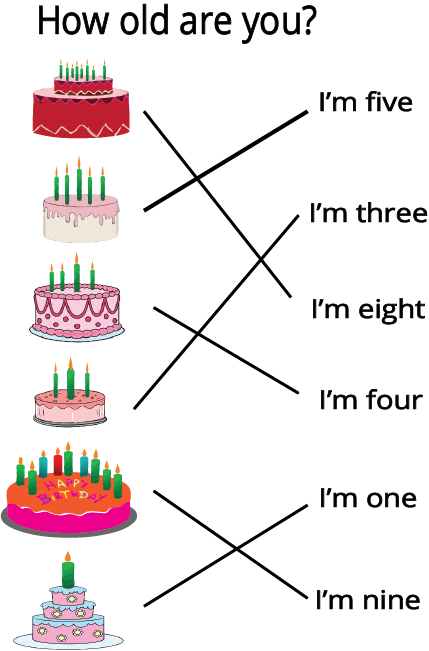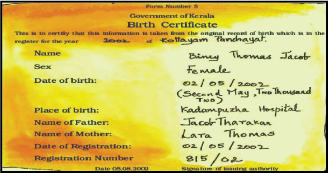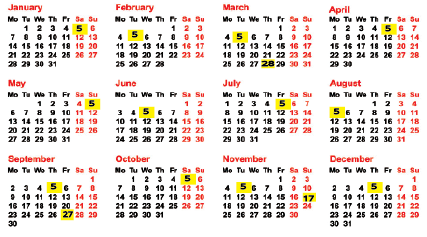Time Goes On Class 3 Maths Chapter 7 CBSE Notes - 2025-26
FAQs on CBSE Notes Class 3 Maths Chapter 7 - Time Goes On - 2025-26
1. What key concepts are covered in the Class 3 Maths Chapter 7 revision notes on 'Time Goes On'?
These revision notes provide a quick summary of essential topics from the chapter. They focus on understanding the clock, reading a calendar, and sequencing events in time. Key concepts recapped include the functions of the hour and minute hands, the structure of a calendar with days, weeks, and months, and using terms like a.m. and p.m. correctly, all aligned with the 2025-26 CBSE syllabus.
2. How do these notes help to quickly revise telling time on a clock?
The notes offer a concise summary of how to read an analog clock. They clarify the roles of the short hour hand and the long minute hand, explaining that the hour hand points to the hour while the minute hand points to the minutes. This provides a quick recap for students to reinforce their understanding before an exam.
3. What is a simple way to remember the number of days in each month as covered in these notes?
The notes recap the popular 'knuckle method' for quick revision. By making a fist, you can use your knuckles and the spaces between them to remember the days in each month. The months on the knuckles have 31 days, while those in the spaces have 30 (except for February), making it an easy trick to recall.
4. How do the revision notes explain the difference between 'a.m.' and 'p.m.'?
The revision notes clearly summarise that 'a.m.' (ante meridiem) refers to the time period from midnight to noon (the morning), while 'p.m.' (post meridiem) refers to the time from noon to midnight (the afternoon, evening, and night). This distinction is crucial for correctly describing when daily events happen.
5. Why is it important to understand a calendar, and how do the notes help with this concept?
Understanding a calendar is essential for organising our lives, tracking important dates like birthdays and holidays, and understanding the passage of time. These revision notes summarise the structure of a calendar, explaining that:
- 7 days make a week.
- About 4 weeks make a month.
- 12 months make a year.
6. How can I use these notes to quickly revise solving problems about the order of events?
The revision notes summarise how to analyse a timeline or story to determine the sequence of events. They explain how to focus on key time-related words like 'before', 'after', and 'then' to place activities in their correct chronological order, a fundamental skill taught in this chapter.
7. What is a common point of confusion when reading a clock, and how do the notes help clarify it?
A common mistake is confusing the functions of the hour and minute hands. The revision notes provide a clear and simple rule for quick recall: the shorter hand points to the hour and moves slowly, while the longer hand points to the minutes and moves faster. This core distinction is emphasised to prevent errors.




























